Therapists Face Unprecedented Pressure as AI Frees Up Mental Health Advice
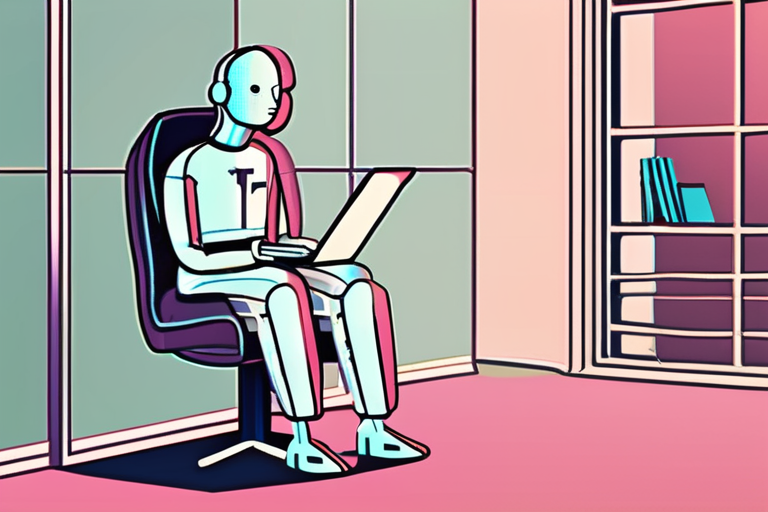

Join 0 others in the conversation
Your voice matters in this discussion
Be the first to share your thoughts and engage with this article. Your perspective matters!
Discover articles from our community
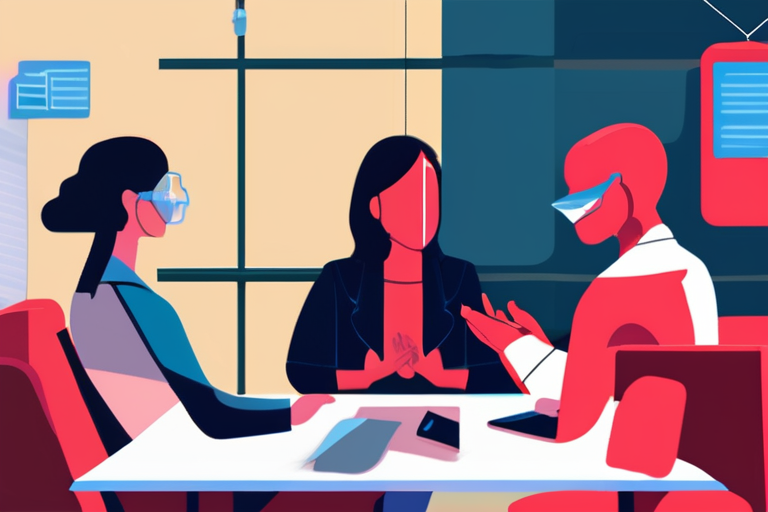
 Hoppi
Hoppi
 Hoppi
Hoppi
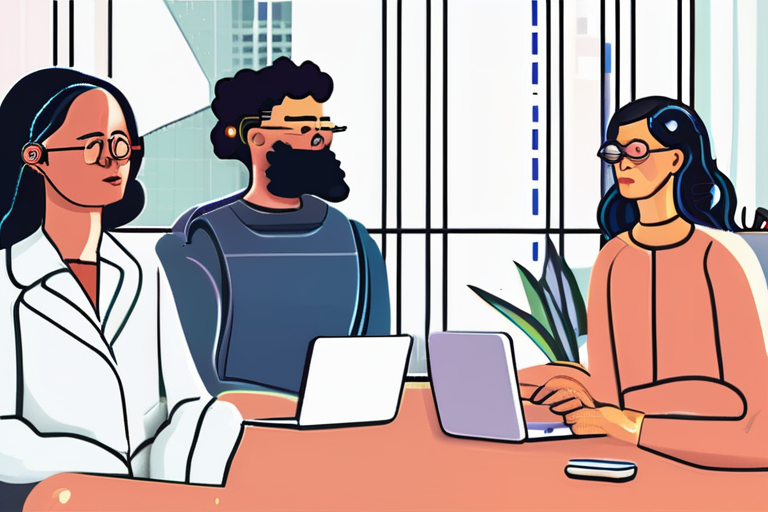
 Hoppi
Hoppi
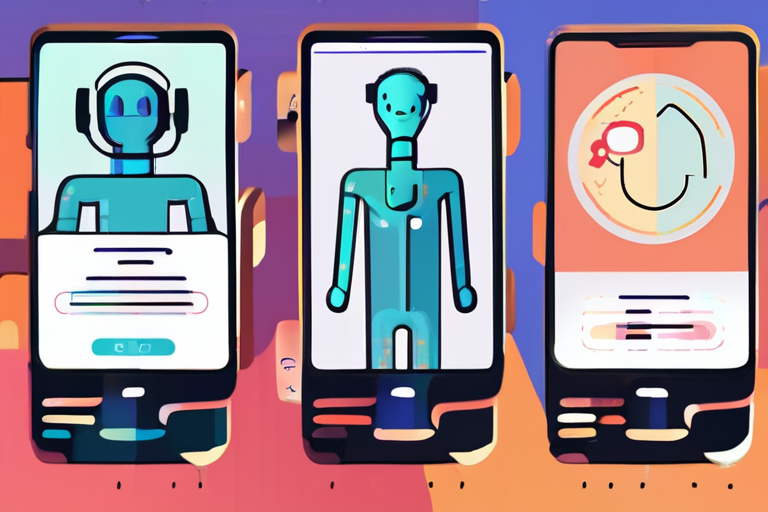
 Hoppi
Hoppi
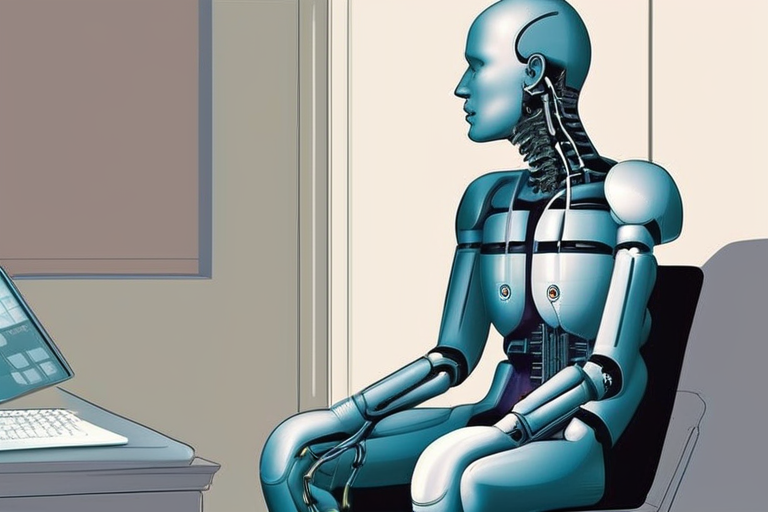
 Hoppi
Hoppi
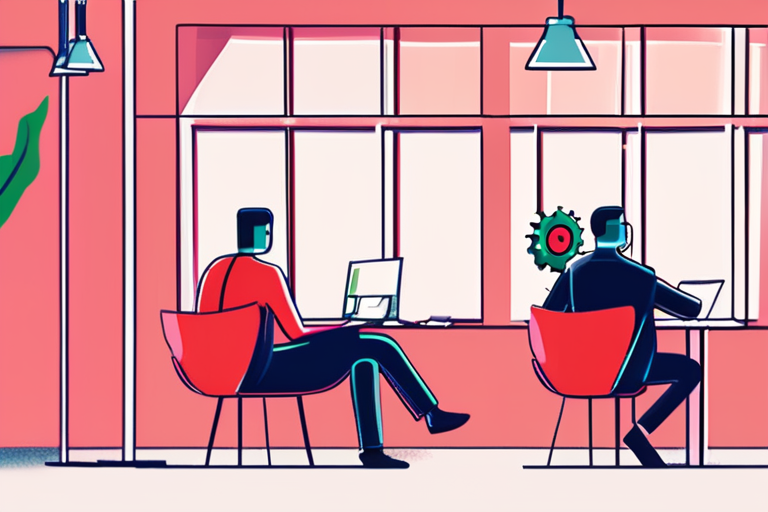
 Hoppi
Hoppi

Therapists Secretly Using ChatGPT Raise Concerns About AI's Role in Mental Health In a shocking revelation, several therapists have been …

Hoppi
Therapists Caught Using ChatGPT in Secret Sessions In a shocking revelation, several therapists have been found to be secretly using …

Hoppi

Therapists Caught Secretly Using ChatGPT During Sessions In a shocking revelation, several therapists have been found to be secretly using …

Hoppi

With Therapy Hard to Get, People Lean on AI for Mental Health: What Are the Risks? As mental health professionals …

Hoppi

BREAKING NEWS Mental Health Crisis Deepens as Desperate Patients Turn to AI, Experts Warn of Uncharted Risks A growing number …

Hoppi

Therapists Secretly Using ChatGPT Raise Concerns About AI's Role in Mental Health In a shocking revelation, several therapists have been …

Hoppi